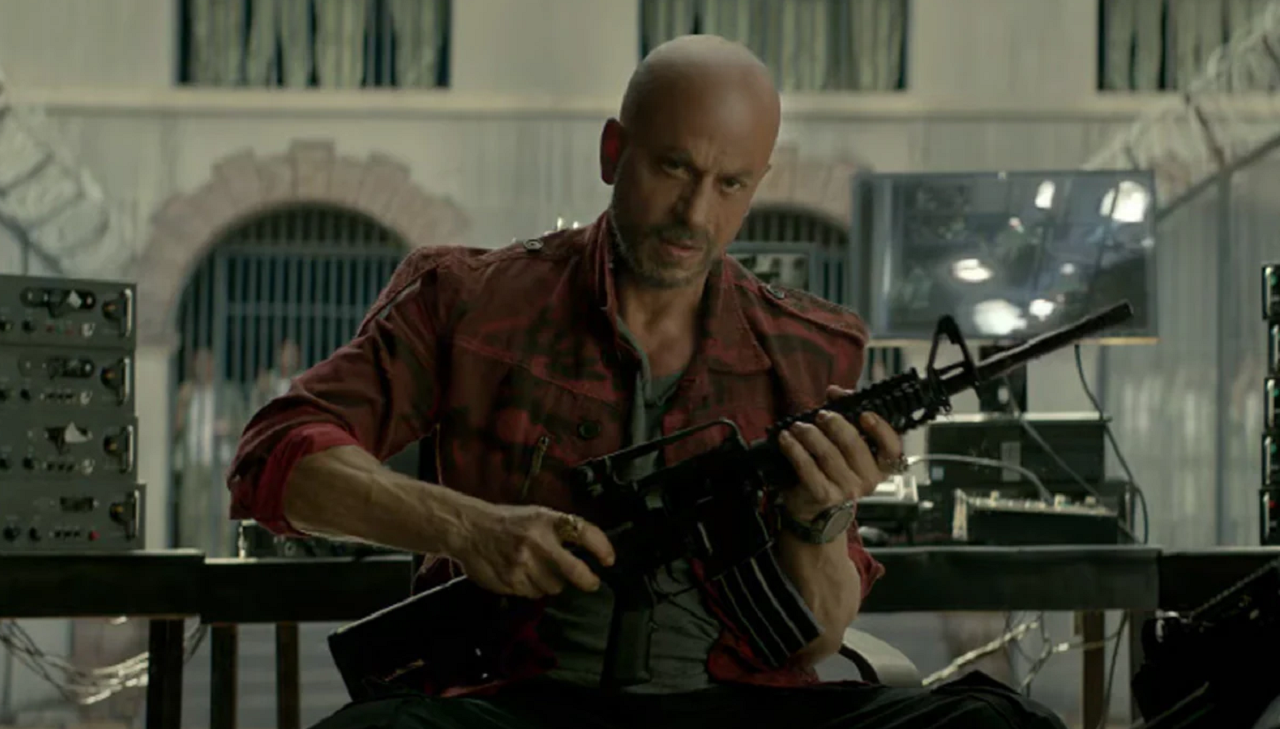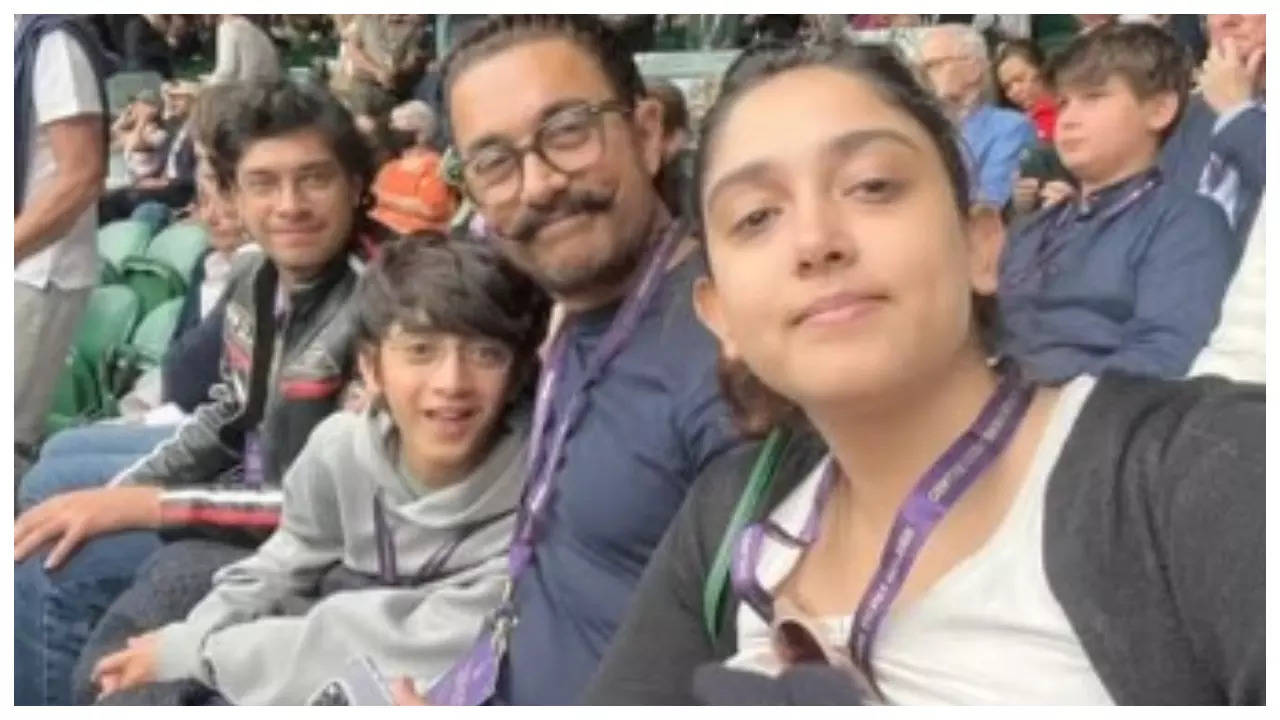There is a huge rock ahead.
This is not a movie. Or a drill.
But don’t worry. We have this, apparently. NASA, at least.
Monday’s Double Asteroid Redirection Test (or DART) spacecraft is expected to collide with Dimorphos. This small moon orbiting the near-Earth star Didymos will be the object of the collision. NASA’s main goal is to determine if using unmanned hardware to push space debris out of harm’s path is going to help Earth in the future.
The DART mission is about collide with an asteroids. What to expect
It’s admirable, but it feels a little deflating after decades worth of what I call “Chicken Little” films, in which humankind is under threat from above by cosmic clutter that cannot be explained away except via drastic measures.
You are familiar with the routine. Someone finds irrefutable evidence of an asteroid, a meteor, or a comet. These warnings are believed by who? Nobody, not until the skies are riddled by speeding debris sliding off and shooting off the looming objects. We can then either panic, submit or fly our own people up there to save everyone.
This subgenre is best illustrated in “Don’t look up,” the latest example. Filmed last year in theaters and on Netflix. Writer-director Adam McKay’s political satire is launched by Leonardo DiCaprio and Jennifer Lawrence, both Michigan State University astronomers. They discover a comet that appears to have appeared out of nowhere. Within six months it will collide with Earth hard enough to wipe out all life.
Initial reactions to their findings were incredulity, ridicule and ridicule by the government and media. Once the inevitable happens, the United States and the world in general engage in the crisis in the same way they engage in every other aspect of the 21st century: narcissism and denial, and taking the blame for all the wrong people. It’s enough for you to believe that the world as we know is over before it does.
The metaphor of the looming apocalypse has been used to describe our seemingly inexorable folly. (Paging “Dr. Strangelove”?) We weren’t always so skeptical about the possibility of natural disasters coming from space. We were so focused and singularly focused on our ability to face perils from space as recently as the turn century that it was sometimes laughable
Multiplexes had not just one but two blockbusters from “Chicken Little” in 1998: Michael Bay’s “Armageddon”, and Mimi Leder’s “Deep Impact.”
The first, which was a Texas-sized asteroid threat, was a packed, bombastic action thriller. It was full of broad humor with little time for audience members.
What will happen when the DART spacecraft collides with a small asteroid?
The threat in the latter movie was, like “Don’t Look Up”, a comet. However, it was a far more earnest, conscientiously assembled, and far less flustered version of this theme.
Both films did well at the box-office, but Bey’s epic, bombastic film earned $554 million while Leder’s more ruminative thrill ride took in $350 million according to Box Office Mojo.
“Armageddon” addresses the danger by establishing a couple space shuttles (remember them? Crewed by crack oil-drilling crews, the crack-iest being Bruce Willis, neck deep in John Wayne mode, and Harry Stamper. His motley support comes mainly from: Billy Bob Thornton (by the far the coolest cat in a room as a NASA executive), Steve Buscemi (who was also the only guy left on the Russian space station), William Fichtner and Peter Stormare (who were uproarious as he was the only man left), Ben Affleck, who has been dating Willis’ daughter to father’s violent displeasure), and Liv Tyler (the wife).
“Don’t Look up” is a scathing comedy that sometimes veers off-course
These complications and idiosyncrasies, along with other characters, can be distracting enough to keep our minds from watching Paris and Manhattan being leveled by pieces astro-sized.
T?a Leoni, an investigative TV reporter from Deep Impact, is the central character of the show. She thinks she has caught a Cabinet member in some sex scandal. However, she discovers that the US President (Morgan Freeman) is about announce that the comet is on a one-year collision course with Earth. They tried everything, including a spaceship commanded by Robert Duvall and loaded with nukes to deflect the comet’s trajectory.
Which version of imminent extinction will we see? How can we continue our lives? Those who haven’t seen either movie would be disappointed. We feel confident in revealing that the science in Deep Impact is far more reliable than in “Armageddon.” Or, for that matter, in “Don’t Look Up.” You can draw your own conclusions.
You might be wondering if a feature-length movie about “Chicken Little” was ever made. It was, and it was a digitally animated film that Disney released in 2005 (sans Pixar). The title character is hit on the head with what he believes to be a piece of the heavens. Panic sets in and the “piece of sky” is identified by an acorn. Chicken Little becomes a laughingstock for months, until he discovers unexpected redemption through another, more dangerously falling piece of an alien spaceship. It sounds a lot more interesting that the movie made it out to be.
If the DART in real life succeeds in its mission we might be able to relax more when asteroids come too close. However, that doesn’t mean the movies will abandon “Chicken Little.” themes.
The original “The sky is coming down!” phrase was actually a reference to the fact that the sky is falling. The reason the phrase was passed down from generation-to-generation is that it depends on whether earthlings believe in disaster or not.


 World News2 years ago
World News2 years ago
 World News2 years ago
World News2 years ago
 World News2 years ago
World News2 years ago
 World News2 years ago
World News2 years ago
 World News2 years ago
World News2 years ago













